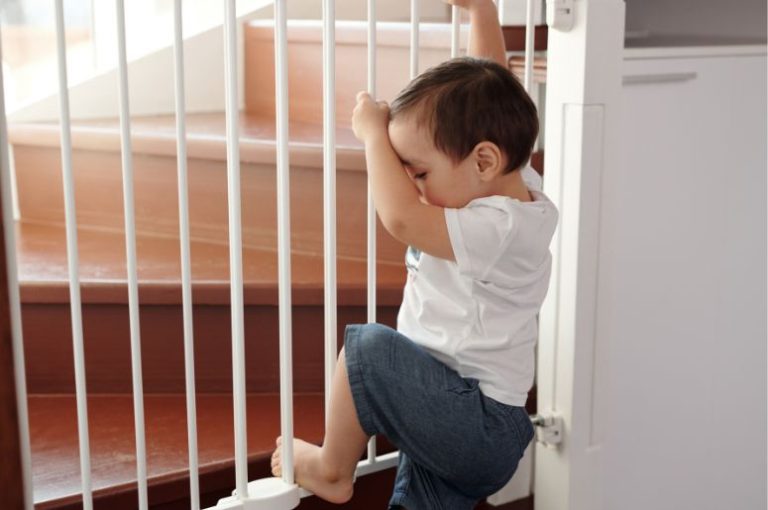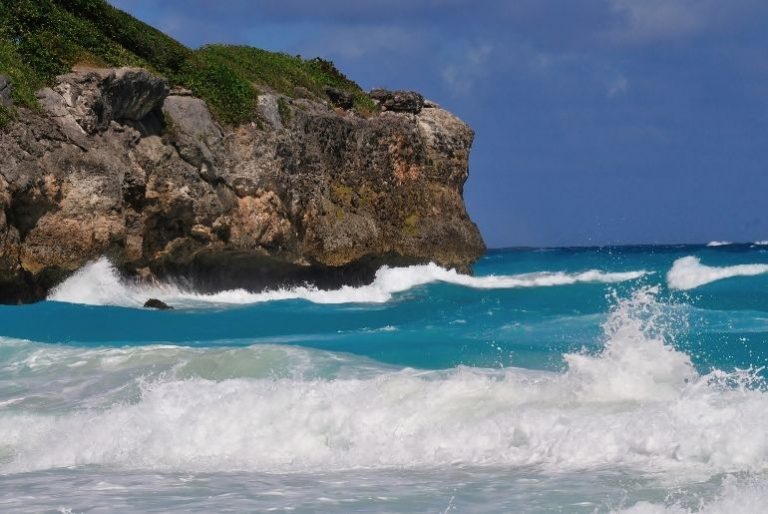Learning to drive is an exciting part of growing up and it’s a milestone that many parents both look forward to and dread. Being on the road does carry a risk and teen drivers are more likely to crash than any other age group.
As a parent, you are the person mostly likely to help your child learn to drive and that’s a big responsibility! So here is some information and resources on how to help your teen get their driver licence and become a safe driver.
What do you have to do to get a driver licence?
There are three stages to getting a driver licence – learner, restricted, and full. When on their learner and restricted licence, drivers have to meet certain conditions that limit what they can do. This system, the Graduated Driver Licence System, is designed to assist drivers stay safe as they become more skilled and competent on the road. The New Zealand Transport Agency (NZTA) administers the licencing system. The NZTA website has a section ‘Your Driver Licence’.
Learning to drive is an exciting part of growing up and it’s a milestone that many parents both look forward to and dread. Being on the road does carry a risk and teen drivers are more likely to crash than any other age group. As a parent, you are the person mostly likely to help your teen learn to drive and that’s a big responsibility! So here is some information and resources on how to help your teen get their driver licence and become a safe driver.
How old do you have to be to get a driver licence?
- Learner licence: 16 years.
- Restricted licence: 16.5 years (and have held a learner licence at least 6 months).
- Full licence: 18 years (and have held a restricted licence at least 18 months) or 17.5 years (and have held a restricted licence at least 12 months and completed an approved advanced driving course).
Note that there is also a zero alcohol limit for drivers under 20.
What do you have to do to get a driver licence?
There are three stages to getting a driver licence – learner, restricted, and full. When on their learner and restricted licence, drivers have to meet certain conditions that limit what they can do. This system, the Graduated Driver Licensing System, is designed to assist drivers stay safe as they become more skilled and competent on the road. The NZ Transport Agency administers the licensing system. The Transport Agency website has a section ‘Your Driver Licence’.
1. Learner licence
To get a learner licence your teen needs to pass a road rules theory test based on the road code. The theory test is a computer-based, 35-question multi-choice test. It assesses if they know the road rules well enough for them to learn to drive safely. All the questions and answers to the theory test can be found in The Road Code, which can be accessed on-line at the Transport Agency website.
Apply for a learner licence at a driver-licensing agent
Once your teen receives their learner licence, they can start to learn to drive on the road. They can only drive with a supervisor always sitting beside them. A supervisor must have had a Full NZ Driver Licence for at least two years and their licence must be current (i.e. not expired or disqualified). It should be an active role for the experienced driver, not a passive one. They must also display learner (L) plates at the front and rear of the car.
A key reason for teen drivers to crash is their inexperience, but also the brain of a teenager is not fully developed, especially for judging and responding to risk. To reduce this risk and help them become a skilled and competent driver, a teen needs lots of supervised driving practice.
While the minimum time to hold a Learner licence is six months, planning for 12 months on this licence is a much more realistic time period for achieving the recommended 120 hours of supervised driving.
It is also recommended that you progress through the various driving skills in a semi-structured way, from the basic to the advanced skills, for example, how to handle the car through to driving in open road traffic.
The restricted driving test became more difficult in February 2012 to encourage a higher standard of driving. You can help your teen in the learner stage by:
- Teaching them driving skills and then practising these in a range of traffic, weather, and road conditions
- Using the Practice Programme to help them to become a safer driver and be better equipped to pass the restricted driving test.
- If you can’t supervise the recommended 120 hours of practice yourself, try to get a friend or relative who is an experienced driver to help out.
- A few professional driving lessons are also recommended.
2. Restricted licence
Once your teen has held a learner licence for at least 6 months, they can apply for a restricted licence at a driver-licensing agent
They must pass the restricted licence practical driving test, which assesses if they can safely drive without a supervisor under certain conditions
Once they pass the test, they move on to a restricted licence and can drive on their own (except between 10pm and 5am). They can’t carry passengers without being supervised by a driver who has held their full licence at least 2 years. There are exceptions for some family members, but this doesn’t include younger siblings
You are a big influence on your teen. When they get a restricted licence and can drive alone, they still need you to help them identify the risks they might face, work with them to manage those risks safely, and drive with them when they first encounter the risks. The Safe Teen Driver programme provides tips and information on how to support your teen driver at this stage.
3. Full licence
Once your teen has held a restricted licence for at least 18 months (or 12 months if they complete an approved advanced driving course), they must pass the full licence practical driving test before they can apply for a full licence.
The test assesses if they can safely drive without the conditions of the restricted licence. To help your teen prepare for the test, ensure they regularly drive in all types of traffic situations and practice talking aloud about detecting, describing, and responding to hazards. If you can’t do a lot yourself, try to get a friend or relative who is an experienced driver to help them to practice before their test.
Read more about driver licences.
How do I teach someone to learn to drive?
It’s common for parents to teach their teen to drive, but it can be difficult to not pass on your own bad habits and to evaluate your teen’s driving skills. The New Zealand Transport Agency and ACC have developed a programme, Drive:
- Find out how the restricted test is marked and what critical and immediate fail errors are
- Information on how to prepare for the restricted test
- And information on knowing your vehicle for beginner, intermediate and advanced drivers.
Approved courses
An approved advanced driving skills course teaches your teen the skills to help reduce the likelihood of them being in a crash. If they complete an approved advanced driving skills course, their time on a restricted licence can be reduced from 18 to 12 months.
- AA offers the New Zealand Defensive Driving Course.
- New Zealand Institute of Driver Educators Incorporated offers the Street talk course that teaches driving safety skills.
Tips for parents with teens approaching learning to drive age
You can help your teen to learn the road code so they are prepared for the theory test when they want to apply for a learner licence. The official New Zealand road code is on the Transport Agency website or you can buy a hard copy from most bookshops or licensing agents.
Talk to them about learning to drive and the various stages and conditions of the licence system. Start discussing driving skills and pointing out information about hazards when they are with you as a passenger.
Prepare yourself by checking out the free tools below, which include a learn to drive programme, a driving manual, online support, and information to share with them about driving risks. Speed and alcohol are two of the biggest risk factors for young male drivers, and peer pressure often plays a big part in young drivers making poor decisions.
Teens often know that young people have a higher than average risk of being in a crash, but still think it won’t happen to them. It can therefore be a useful approach to just focus on the things that will help them be better drivers and that increase the chance they’ll pass the tests first time.
It’s safer for your teen to learn in a more modern car as these generally have better safety features like: airbags, electronic stability control, ABS brakes, than older models.
Work out a plan together about when you’ll do driving lessons, and the rules for your teen’s driving, for example, driving with older friends or relatives who have their licence. Be prepared for the extra demand on your time, it will definitely pay off in helping your teen be ready to eventually face driving by themselves.
Resources for learning to drive
It can be fairly costly to get your licence, but there are ways to keep the costs down, for example, your teen can practice answering road code questions free online, take the AA’s free online road code quiz, or buy practice tests from www.roadcodepractice.co.nz.
Learner phase
Drive is the new NZTA driving licence resource page for guides and learners.
Drive is a free website and learning tool created by the New Zealand Transport Agency and ACC. It’s the first phase of an ongoing project designed to help young people become confident, capable drivers.
Signing up allows you to track your progress, earn points and achievements, and unlock cool stuff. The learner’s practice test, which includes the exact same questions as the real learner’s test, is only available to logged-in users.
Restricted phase
There are only two approved advanced driving courses in New Zealand that can reduce the time you have to hold your restricted car licence before you can get a full car licence. These are:
New Zealand Institute of Driver Educators (NZIDE)
For more expert advice on safety in and around the home, check out our Grown ups: Family safety section.





